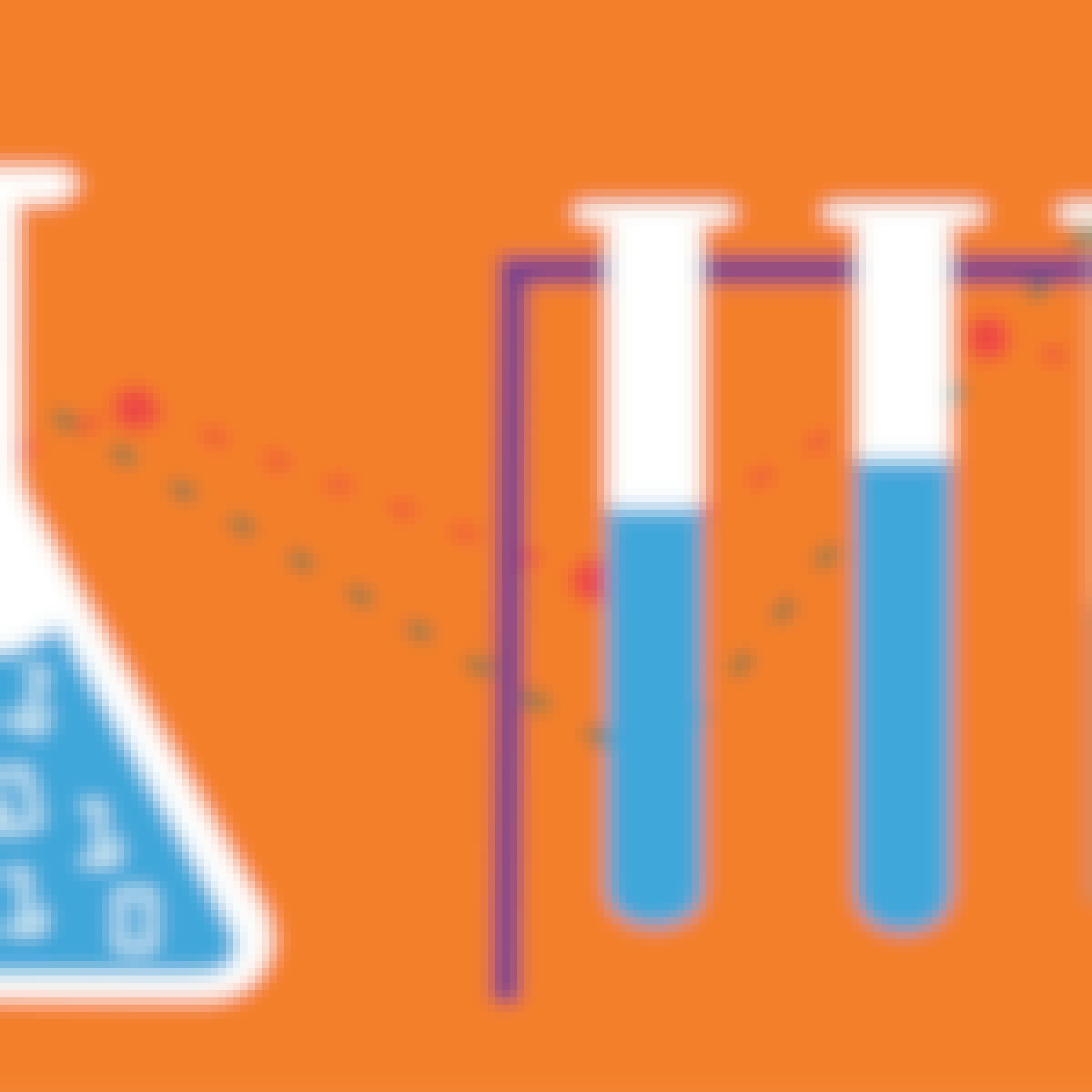Filter by
SubjectRequired
LanguageRequired
The language used throughout the course, in both instruction and assessments.
Learning ProductRequired
LevelRequired
DurationRequired
SkillsRequired
SubtitlesRequired
EducatorRequired
Explore the Systematic Review Course Catalog

Skills you'll gain: Contract Negotiation, Contract Management, Active Listening, Negotiation, Constructive Feedback, Law, Regulation, and Compliance, Ethical Standards And Conduct, Media Production, Business Ethics, Empathy, Emotional Intelligence, Business Management, Contract Review, Data Import/Export, Editing, Multimedia, Regulatory Compliance, File Management, Asset Protection, Decision Making

University of California, Irvine
Skills you'll gain: Cost Estimation, Stakeholder Management, Project Risk Management, Project Schedules, Work Breakdown Structure, Project Performance, Estimation, Conflict Management, Risk Analysis, Quality Management, Project Management, Timelines, Milestones (Project Management), Cost Management, Project Planning, Peer Review, Budgeting, Project Management Life Cycle, Scope Management, Change Management

University of California San Diego
Skills you'll gain: Unit Testing, Growth Mindedness, Data Structures, Graph Theory, Event-Driven Programming, Interactive Data Visualization, Java, Java Programming, Network Analysis, Object Oriented Programming (OOP), Technical Communication, Development Testing, User Interface (UI), Peer Review, Interviewing Skills, Software Testing, Computer Programming, Adaptability, Performance Tuning, Algorithms

American Psychological Association
Skills you'll gain: Data Visualization, Descriptive Statistics, Quantitative Research, Plot (Graphics), Scientific Methods, Graphing, Research Design, Data Presentation, Statistical Hypothesis Testing, Probability & Statistics, Research, Statistical Inference, Statistics, Statistical Analysis, Statistical Methods, Ethical Standards And Conduct, Research Methodologies, Correlation Analysis, Data Collection, Law, Regulation, and Compliance
 Status: New
Status: NewSkills you'll gain: Peer Review, Active Listening, Media Production, Storytelling, Post-Production, Constructive Feedback, Editing, Creativity, Empathy, Emotional Intelligence, Multimedia, Writing, Aesthetics, Personal Development, Content Creation, Timelines, Performance Tuning, Self-Awareness, Visionary, Automation

Skills you'll gain: Software Development Life Cycle, Linux Commands, Unit Testing, Bash (Scripting Language), Shell Script, Git (Version Control System), GitHub, Development Environment, Version Control, File Management, Jupyter, Software Engineering, Software Architecture, Application Deployment, Automation, Flask (Web Framework), Web Scraping, Python Programming, Open Source Technology, Application Development

University of Colorado Boulder
Skills you'll gain: Excel Macros, Peer Review, Visual Basic (Programming Language), Programming Principles, Data Import/Export, Microsoft Excel, Computer Programming, Project Design, Spreadsheet Software, Simulations, Automation, Algorithms, UI Components, Debugging, Data Management, User Interface (UI), Data Cleansing, Data Validation

Duke University
Skills you'll gain: Debugging, Maintainability, Programming Principles, Algorithms, Software Testing, Program Development, C (Programming Language), Pseudocode, Computational Thinking, Software Engineering, Simulations, System Programming, Data Structures, Software Development, Computer Programming, Command-Line Interface, Development Environment, Development Testing, User Interface (UI), Interactive Design

Berklee
Skills you'll gain: File Management, Peer Review, Self-Awareness, Media Production, Creativity, Multimedia, Automation, Live Streaming, Storytelling, Writing, Public Speaking, Personal Development, Content Creation, Software Installation, Performance Testing, Computer Programming

University of California, Davis
Skills you'll gain: Data Governance, Presentations, Data Cleansing, Feature Engineering, SQL, Apache Spark, A/B Testing, Distributed Computing, Descriptive Statistics, Data Lakes, Data Quality, Data Storytelling, Data Analysis, Peer Review, Exploratory Data Analysis, Data Pipelines, Databricks, JSON, Query Languages, Data Manipulation

Skills you'll gain: Jupyter, Peer Review, Data Modeling, Data Science, Data Cleansing, Business Analysis, Data Processing, Predictive Modeling, Data Quality, Data Storytelling, User Feedback, Decision Tree Learning

University of Alberta
Skills you'll gain: Sprint Retrospectives, Scrum (Software Development), Software Technical Review, Agile Project Management, Backlogs, Software Quality Assurance, Agile Methodology, User Story, Debugging, Issue Tracking, Usability Testing, Application Performance Management, Usability, Constructive Feedback, User Research, Meeting Facilitation
Systematic Review learners also search
In summary, here are 10 of our most popular systematic review courses
- The Business of Music Production: Berklee
- Project Management Principles and Practices: University of California, Irvine
- Object Oriented Java Programming: Data Structures and Beyond: University of California San Diego
- Psychological Research: American Psychological Association
- Writing and Producing Music in Your Home Studio: Berklee
- Applied Software Engineering Fundamentals: IBM
- Excel/VBA for Creative Problem Solving: University of Colorado Boulder
- Introductory C Programming: Duke University
- The Singer Songwriter: Berklee
- Learn SQL Basics for Data Science: University of California, Davis










